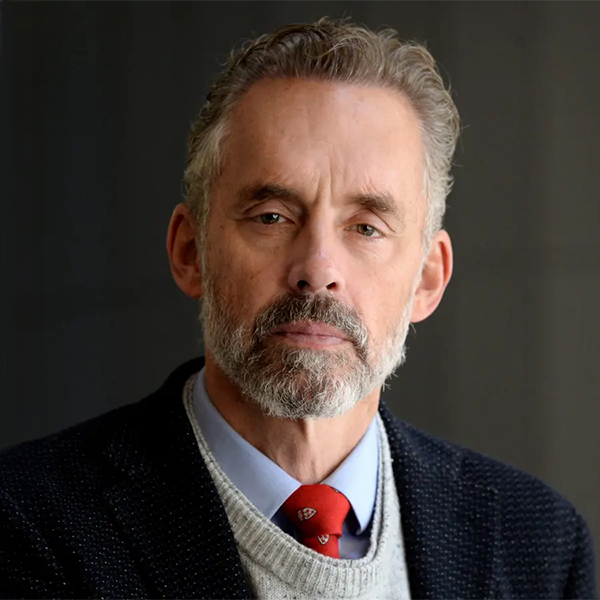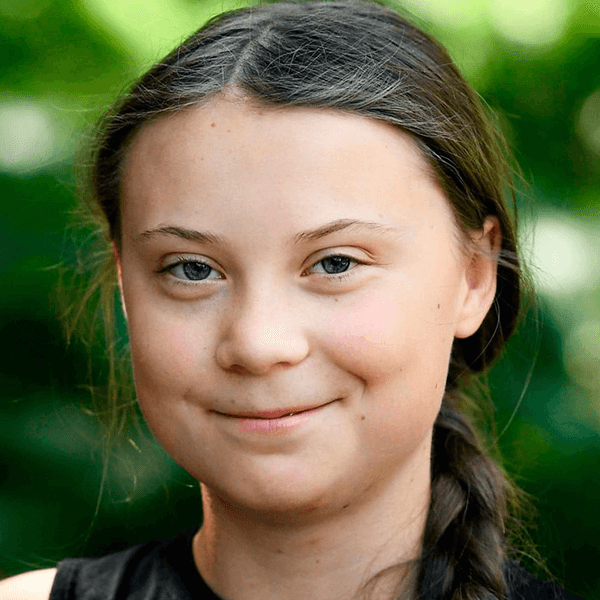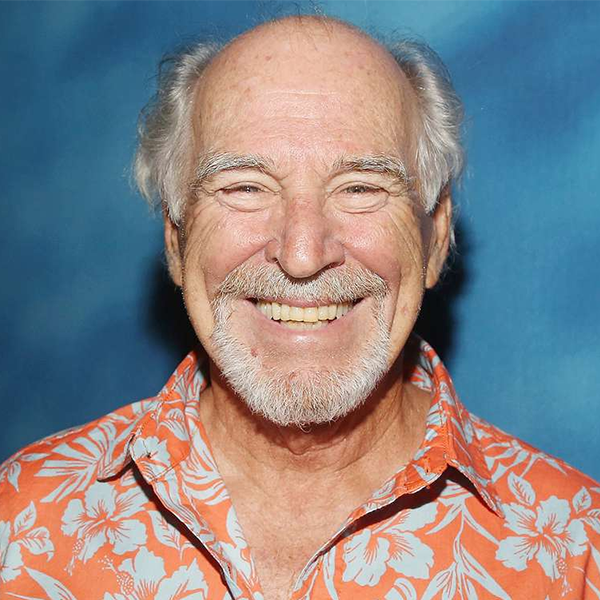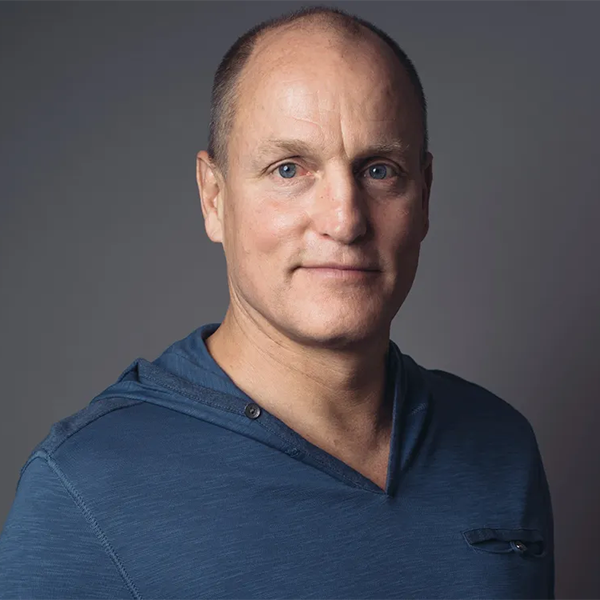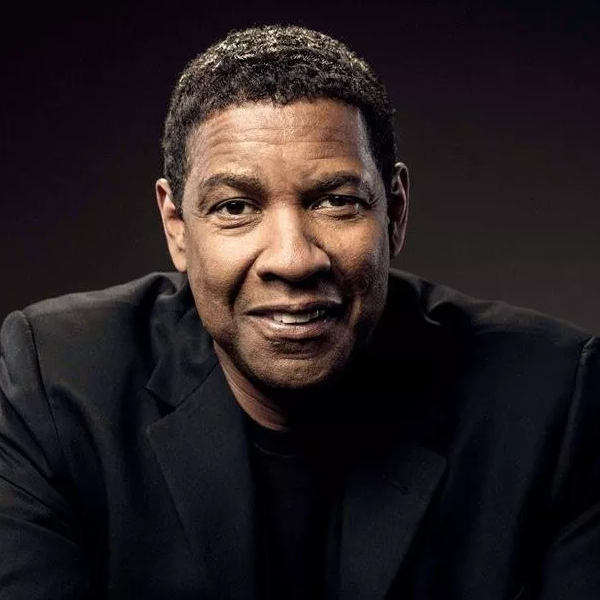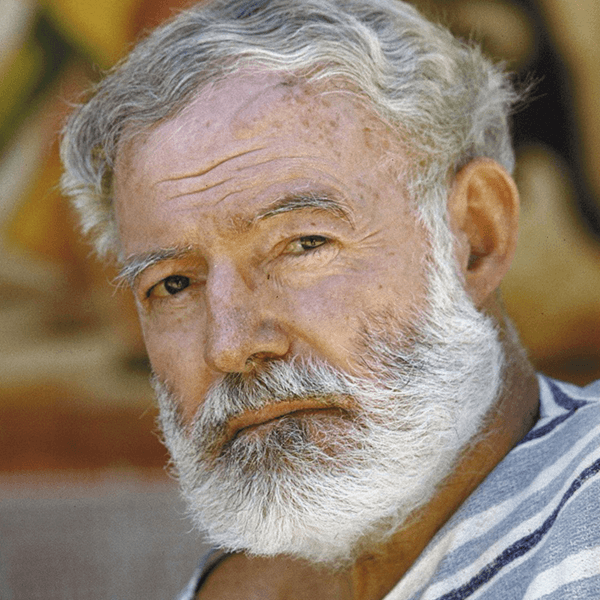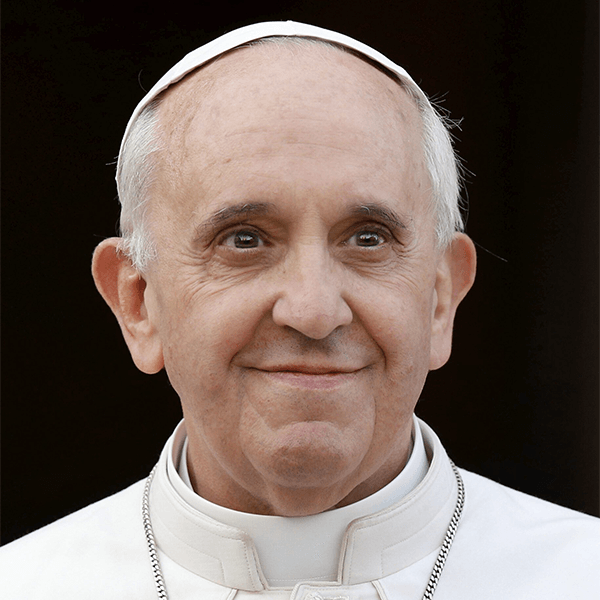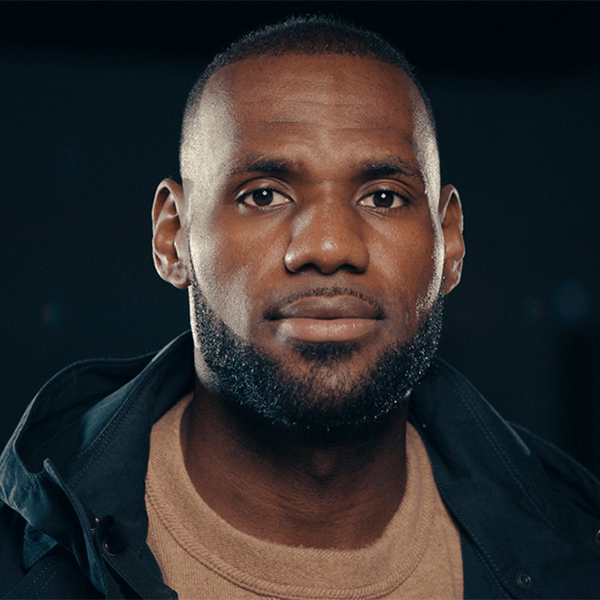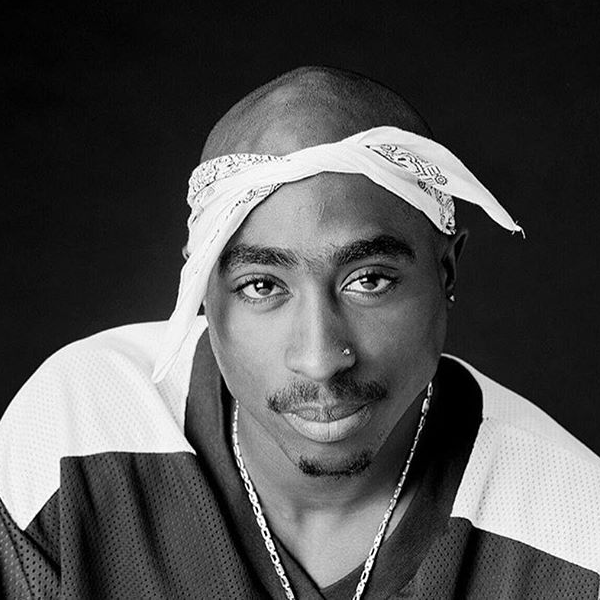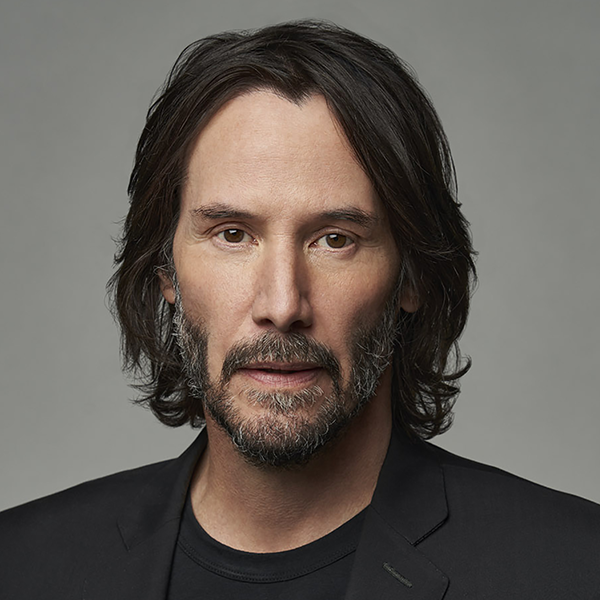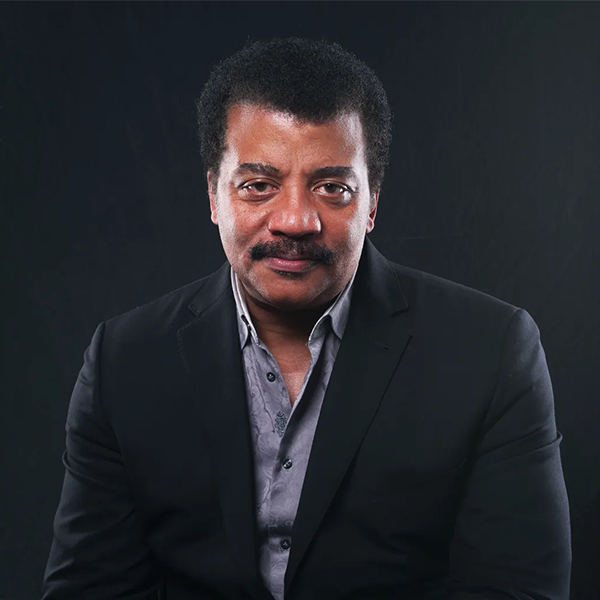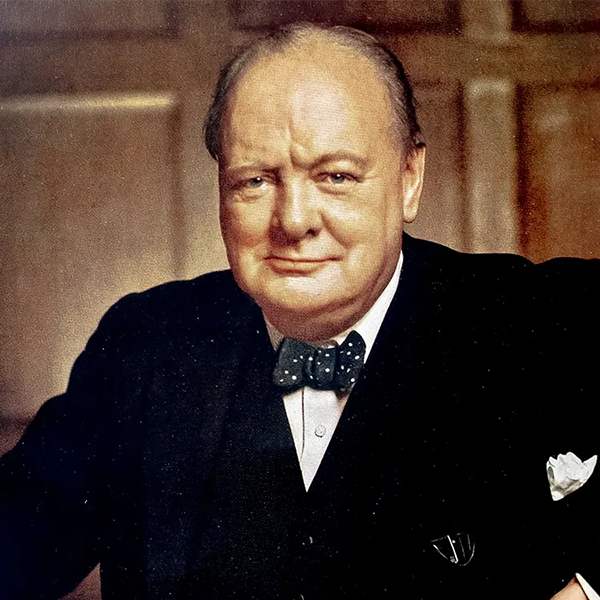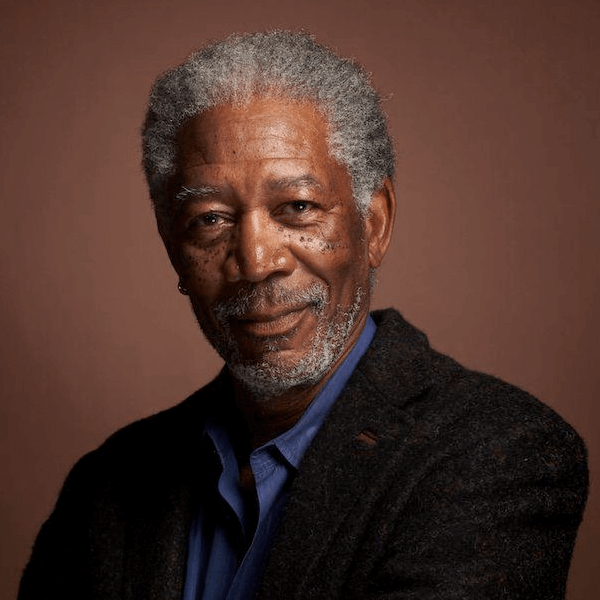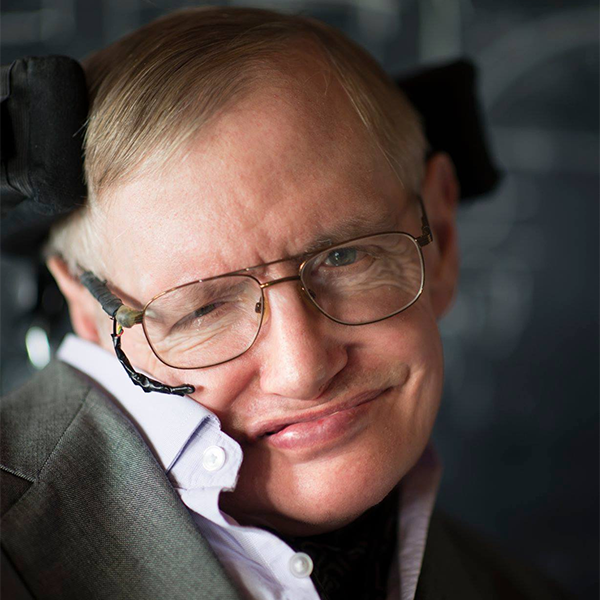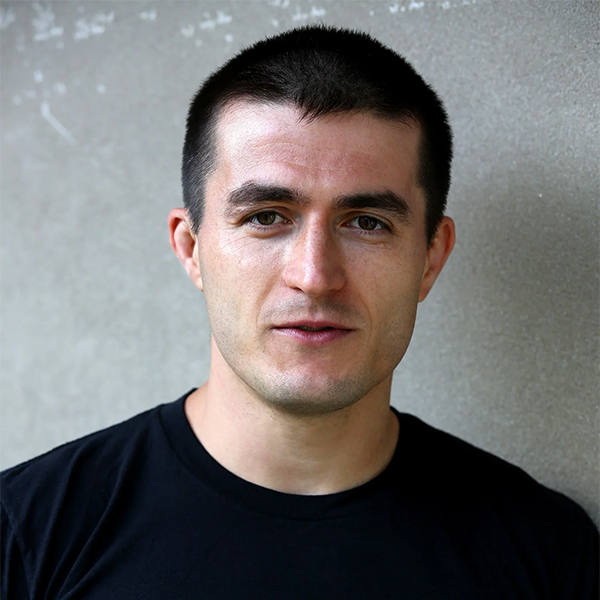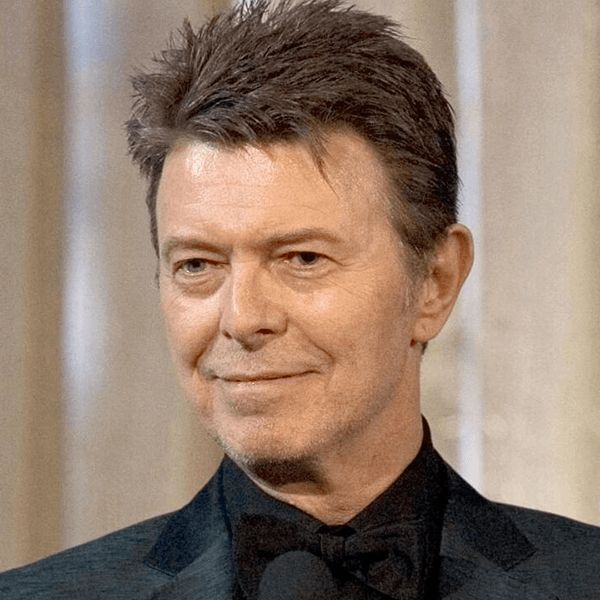Carol Dweck is a pioneering psychologist known for her research in the field of motivation, personality, and development. As the Lewis and Virginia Eaton Professor of Psychology at Stanford University, Dweck has made significant contributions to understanding how people's beliefs about their abilities affect their education and personal development. Her most influential concept is the idea of a "fixed" versus "growth" mindset, detailed in her book "Mindset: The New Psychology of Success." According to Dweck, individuals with a fixed mindset believe their abilities are static and unchangeable, while those with a growth mindset believe they can improve through effort and learning. This framework has been widely embraced in educational settings, corporate management, and personal development practices around the world.
❝Test scores and measures of achievement tell you where a student is, but they don't tell you where a student could end up.❞ — Carol Dweck
Dweck's academic journey and her extensive research show her deep engagement with literature and the role of reading in education and psychology. She often discusses the importance of learning environments that encourage reading and intellectual exploration, highlighting how educational practices can foster a growth mindset in students. While specific statements about her personal reading habits are less documented, her scholarly work implies a substantial engagement with diverse sources, underscoring the role of reading in academic and cognitive growth.

